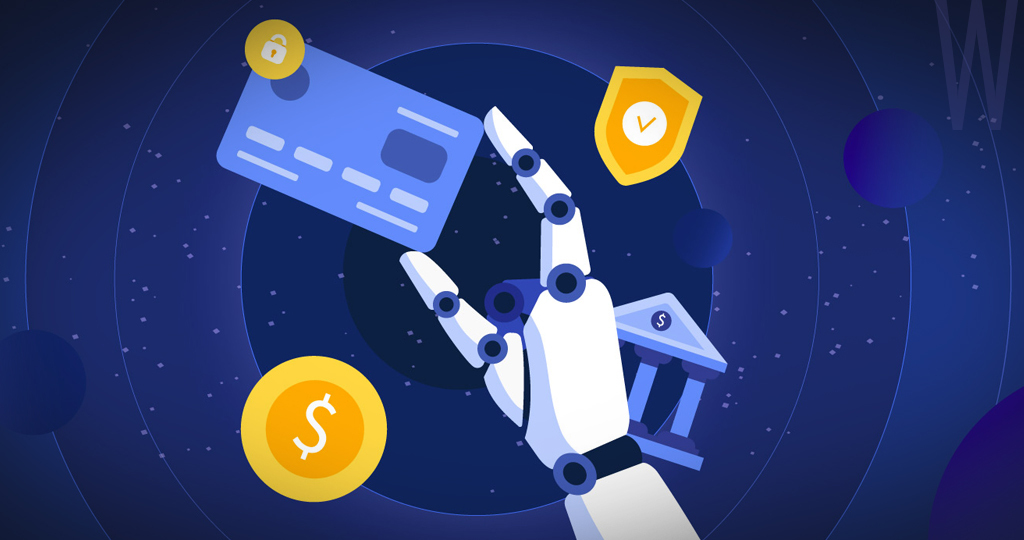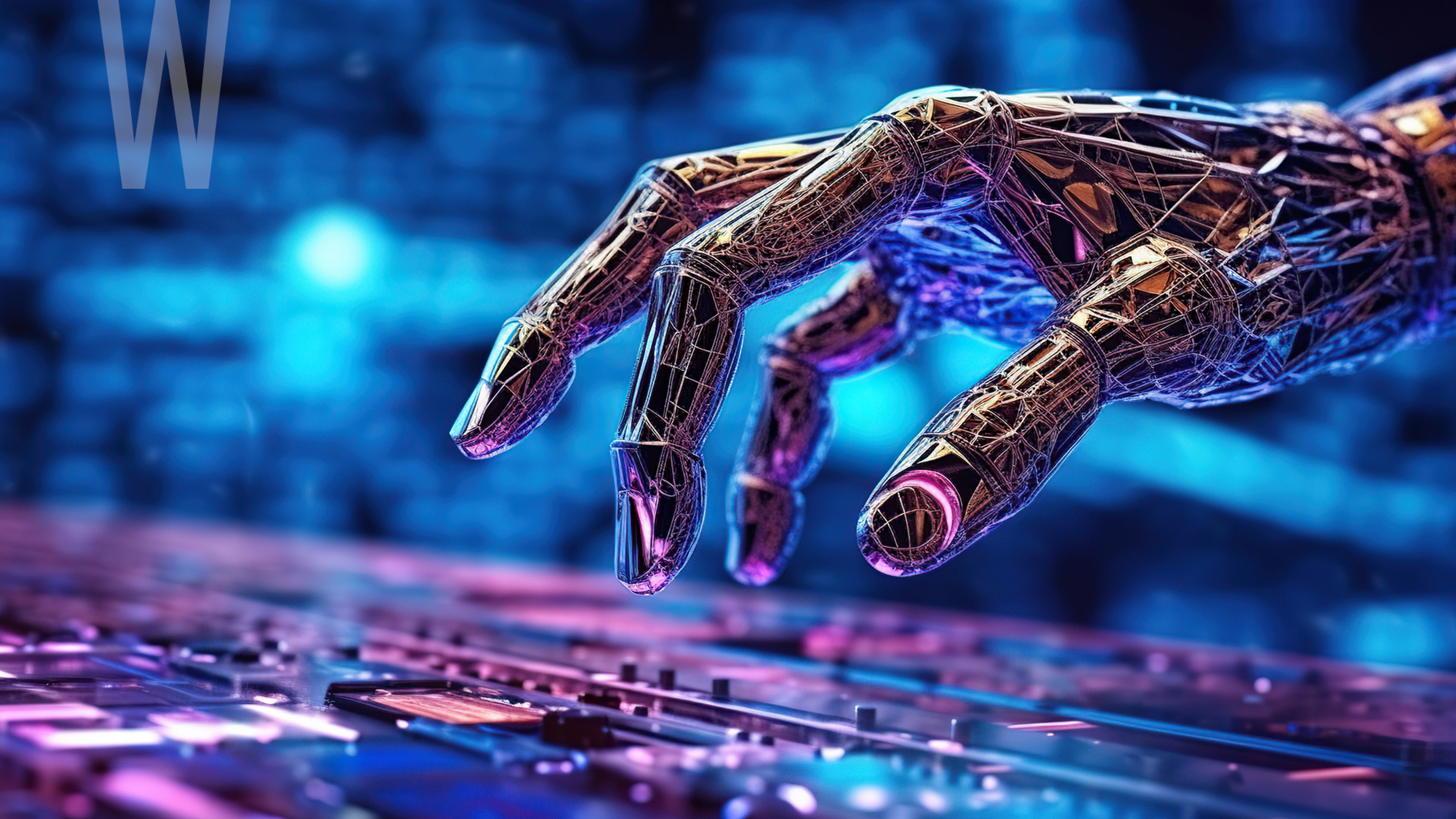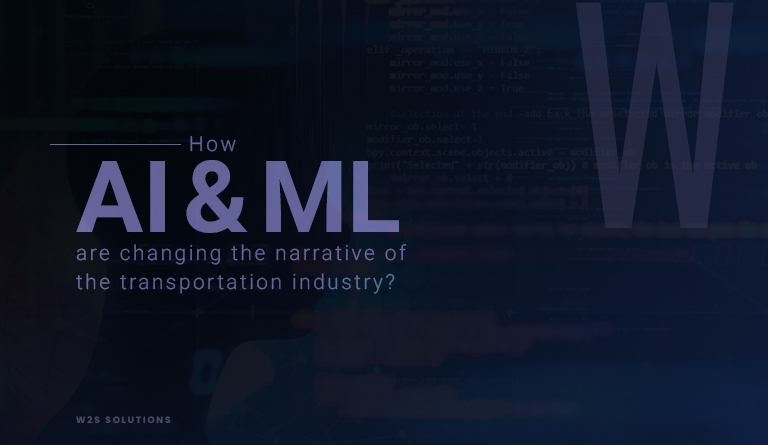TABLE OF CONTENT
Key Takeaways
-
From basic reactive machines to advanced self-aware entities, AI agents cover a broad spectrum, showcasing the evolution within the field.
-
AI agents are reshaping industries, with applications in healthcare, finance, and cybersecurity, demonstrating their transformative potential.
-
It is important to focus on the growing importance of ethical considerations in AI development, stressing responsible practices for a sustainable and inclusive future.
-
Generative AI agents stand out for their creative potential, offering opportunities for content creation while posing ethical challenges.
Artificial intelligence (AI) in 2024 brings forth a group of intelligent agents, each designed to fulfill specific tasks and solve complex problems. These AI agents, equipped with advanced algorithms and learning capabilities, play a crucial role in shaping the future of technology. In this article, we’ll learn about the diverse types of AI agents that are making waves in 2024.
What is an AI Agent?
An AI agent is a software program or system that employs artificial intelligence techniques to perform specific tasks autonomously. These agents are designed to perceive their environment, make decisions, and execute actions to achieve predefined goals. AI agents come in various forms, ranging from simple reactive machines with rule-based responses to sophisticated entities with learning capabilities and the ability to adapt to changing circumstances.
They play a key role across diverse domains, including healthcare, robotics, finance, and more, revolutionizing industries by augmenting human capabilities and addressing complex challenges through the power of intelligent automation.
Types of AI Agents
1. Reactive Machines
Reactive machines represent the foundational type of AI agents. These systems are designed to perform specific tasks without the ability to learn or adapt over time. They operate based on predefined rules and respond to specific inputs with predetermined outputs.
While limited in their flexibility, reactive machines excel in scenarios where the environment is well-defined and static, making them ideal for tasks such as playing chess or executing specific industrial processes.
2. Limited Memory Agents
Moving beyond reactive machines, limited memory agents can learn from historical data and adapt their behavior accordingly. These agents maintain a short-term memory of past experiences, allowing them to make better-informed decisions in dynamic environments.
Self-driving cars, for instance, leverage limited memory agents to navigate complex road scenarios by learning from past encounters and adjusting their responses in real-time.
3. Theory of Mind Agents
In a leap towards more advanced AI, theory of mind agents aim to simulate human-like understanding of others’ thoughts, beliefs, and intentions. These agents can comprehend and predict the behavior of other entities, be it humans or fellow AI systems.
This level of sophistication is crucial for applications in social interactions, customer service, and collaborative tasks where understanding the intentions of others is essential.
4. Self-aware Agents
Pushing the boundaries of AI, self-aware agents possess a heightened level of consciousness about their own existence and capabilities. These agents not only understand their environment and the intentions of others but also have a sense of self.
While the concept of fully self-aware AI is still in its infancy, progress in this area holds promise for creating machines that can reflect on their decision-making processes and adapt their behavior autonomously.
5.AI in Robotics
Robotics is an ever-expanding field, and AI plays a pivotal role in enhancing the capabilities of robotic agents. In 2024, we witness the integration of AI with robotics on a more profound level.
Robotic agents equipped with AI algorithms can navigate complex environments, recognize objects, and adapt to unforeseen obstacles. From warehouse automation to healthcare assistance, AI-powered robotic agents are transforming various industries.
6. Natural Language Processing (NLP) Agents
Natural Language Processing agents focus on understanding and generating human language. In 2024, NLP agents have reached unprecedented levels of sophistication, enabling them to comprehend context, sentiment, and nuances in language.
Language translation services, Virtual assistants, and chatbots are examples of applications where NLP agents excel, facilitating seamless communication between humans and machines.
7. Generative AI Agents
Generative AI agents are capable of creating new content, whether it’s text, images, or even music. In 2024, these agents have become increasingly adept at producing high-quality, indistinguishable content from human-created works.
This has implications in various creative industries, from art and literature to advertising. However, ethical considerations regarding the potential misuse of generative AI also come to the forefront.
8. AI in Cybersecurity
As cyber threats continue to evolve, AI agents are becoming indispensable in the realm of cybersecurity. These agents employ machine learning algorithms to detect and prevent cyber attacks, analyze patterns of malicious behavior, and fortify digital defenses.
The dynamic nature of cyber threats requires AI agents that can adapt and learn in real-time to effectively thwart emerging risks.
Conclusion
The year 2024 marks a significant milestone in the evolution of AI agents, with each type playing a unique role in transforming various industries. Ethical considerations and responsible AI development are essential to harness AI agents’ full potential for society’s benefit. The journey of AI continues to unfold, promising a future where intelligent agents contribute to a wide array of fields, enhancing efficiency, decision-making, and overall human experience.
At the forefront of this AI transformation is W2S Solutions, a leading Large Language Model Development Company. With a proven track record of excellence, our team harnesses the latest advancements in artificial intelligence to provide clients with tailored and innovative solutions. As the demand for intelligent automation continues to rise, we stand as a beacon of expertise, providing businesses with seamless integration and optimal performance.
Frequently Asked Questions
Get inspired!
Subscribe to our newsletter and get updates on how to navigate through disruption and make digital work for your business!







